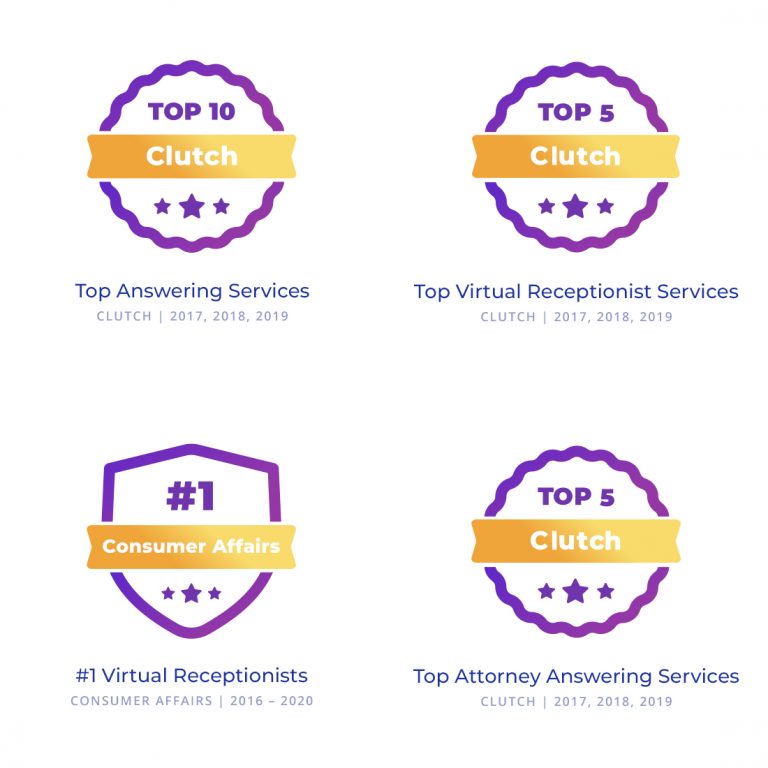Interactive voice response (IVR), also known as an automated voice system, is a technology which allows a computer to talk to a human. Many call centers have started using this as a method for handling or directing their calls. This type of system can give a customer answers to some of their questions without ever being connected to a live agent. However, is an interactive voice system really effective?
The answer is no, it isn’t. It can only provide specific types of information based on certain information that the customer has to punch or say into the phone. There is no human interaction and the recorded voice only gives particular information to the caller, which is not 100% satisfactory for customers. According to a recent study by Google, the majority of adult respondents would rather call instead of reach out online because they’re looking to get a quick answer (59%) or talk to a real person (57%).
The human voice is proven to be more preferable than automated IVR and here are a few reasons why.
6 Reasons The Human Voice Wins Over Automated Voice System
1) Stand Out From The Crowd. Be Personal.
When compared to an interactive voice system, most customers prefer the human voice because it is more warm. Talking to a live agent is more personal and effective. Many customers choose to wait on hold even after accessing information on the IVR just to reconfirm information with a live receptionist. This reveals a trust factor which is associated with a live receptionist.
2) Focus on The Solution, Not The Problem.
As compared to an IVR, a live receptionist has significantly better problem-solving skills. While Artificial Intelligence (AI) has come a long way, an IVR can typically only provide information and not necessarily solve a problem for the customer. The IVR also might only provide information the caller could have found online, and perhaps they’ve already tried that route. An IVR may sometimes end up redirecting the call to an agent in a specific department based on the information provided, but it’s not a guarantee. An IVR is also limited in its capacity to provide necessary information, as it can only provide answers that have already been fed into it.
3) A human voice is A Musical Instrument.
A soothing human voice makes people feel more comfortable sharing information and asking questions to an agent than they might to a computer generated system. If the nature of the call is something stressful (related to money, health, legal matters, etc) it’s very difficult for an IVR system to deliver even close to the same experience a well-trained agent can. An IVR cannot provide the human touch, nor can it soothe an irate caller. It potentially could further annoy and anger the customer and leave them feeling helpless. American Express conducted a survey in which 8 in 10 respondents said a company will lose their business after a single poor IVR experience.
4) Conversations Can Solve Most Problems.
When a caller has someone on the other end of the line to speak with, they feel heard and spoken to. We all feel better when there is another person there to empathize and calm us down if we are experiencing difficulties. Telephone conversations handled by well-trained phone answering services leave a good impression for the business. On the other hand, recorded voice or IVR simply makes the customer feel angry and frustrated, as they have to choose between different options, sometimes without finding answers to their queries in the end. By not speaking with a live person, businesses miss out on getting to know the customer personally and building valuable relationships with them.
5) Words Have Power.
A live phone receptionist can talk to the customer and solve any issues that they are facing instantly on the call. Whereas, an IVR can only give them different options to choose from and finally transfer the call to the agent (who often has to ask the same questions anyway). This can aggravate the customer and make them more irate. Many companies institute an IVR because they believe it improves their service by efficiently directing callers to right department, while cutting costs. However, they need to consider this from a customer’s perspective. It can leave a very bad impression particularly on elderly customers as an IVR can be stressful for them to use, with the various options they have to choose from, just to simply get to a question answered.
6) Move Your Business Forward.
Live phone receptionists can quickly recognize leads, prospects, and nurture them all along while entering important notes into their CRM (customer relationship management) system. An IVR can’t do that. A phone answering service not only sounds warm and emphatic, but providing great customer service usually encourages customers to be loyal, and spread positive messages about the company to their friends, families, and acquaintances.
Related Blog:
Consider subscribing to a phone answering service
A company’s growth should always be in the hands of a human. While IVR can prioritize calls based on value and gives more direct caller segmentation, a human voice is friendly, calms the customer, and helps a customer to feel they’ve been listened to. By responding with a smile and soothing ruffled feathers, live receptionists make your customers happy. A live receptionist has better problem-solving skills and provides alternatives which they offer to customers on the call.
Most importantly, a live receptionist can hunt for leads, nurture customers, and help you grow your business by building your customer relationships. Abby, as an alternative to IVR, offers capabilities that automated systems simply cannot match, actively engaging and building rapport with customers.. If you think your business can’t afford to maintain a phone answering service for your organization, Abby Connect Virtual Receptionists provides excellent and affordable answering services, which are handled by professional and friendly live, bilingual receptionists. Try out Abby Connect Virtual Receptionists for a 14-day no obligation free trial by filling out the form below.
